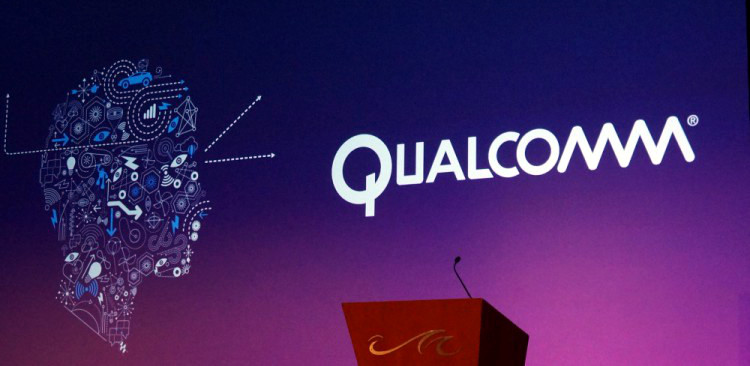
Update: Qualcomm has confirmed it has received a decision from the European Commission (EC) relating to an expired agreement between Qualcomm and Apple Inc., which was in effect from 2011 through 2016, for the pricing of modem chips. Qualcomm said that it strongly disagrees with the decision and will immediately appeal it to the General Court of the European Union. It also said that EC decision does not relate to Qualcomm’s licensing business and has no impact on ongoing operations.
Earlier: The European Commission has fined Qualcomm with a record 997 million euros / $1.2 billion fine over abuse of dominant market position which is considered as breaching EU antitrust rules. EU claims that Qualcomm is using its power as a key LTE baseband chipsets by making significant payments to a key customer on condition it would not buy from rivals.
EU states that Qualcomm has illegally shut out competition from the market for LTE baseband chipsets for over five years, thus cementing its position and market dominance. Qualcomm is said to have paid billions of dollars to Apple on a condition that it wouldn’t buy chipsets from rivals. This made rivals of Qualcomm falls behind the race even if their products are superior.
EU in a report states that Qualcomm signed an agreement with Apple in 2011, committing to make significant payments to Apple on condition that the company would exclusively use Qualcomm chipsets in its “iPhone” and “iPad” devices. In 2013, both the companies said to have extended the term of the agreement to the end of 2016. The deal made it clear that Qualcomm ceases the payments should Apple launch products with a chipset from the rival. Furthermore, Apple would have had to return to Qualcomm the payments it had received in the past if it decided to switch suppliers.
The agreement is quite evident that Qualcomm is trying to cut off rival and their chances to become a potential supplier to world’s biggest smartphone maker. This is a breach of EU antitrust rules. The fine has been calculated by the value of Qualcomm’s direct and indirect sales of LTE baseband chipset in the European Economic Area (EEA). The commission also ordered Qualcomm not to follow such practices in future.
Margrethe Vestager, in charge of competition policy, said:
Qualcomm illegally shut out rivals from the market for LTE baseband chipsets for over five years, thereby cementing its market dominance. Qualcomm paid billions of US Dollars to a key customer, Apple, so that it would not buy from rivals. These payments were not just reductions in price – they were made on the condition that Apple would exclusively use Qualcomm’s baseband chipsets in all its iPhones and iPads.
This meant that no rival could effectively challenge Qualcomm in this market,no matter how good their products were. Qualcomm’s behaviour denied consumers and other companies more choice and innovation – and this in a sector with a huge demand and potential for innovative technologies. This is illegal under EU antitrust rules and why we have taken today’s decision.
